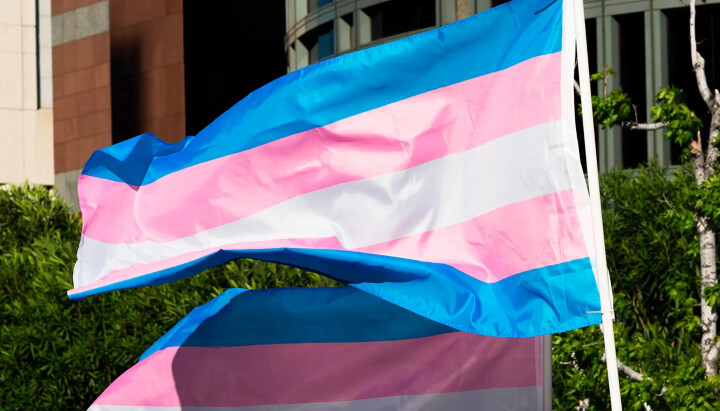Trans and Nonbinary Identification Declines Sharply Among U.S. College Students, Survey Finds

New analysis shows percentage of students identifying outside male/female categories has halved since 2022, suggesting trend may be fading as mental health improves and cultural dynamics shift.
OCT. 16, 2025 — A new analysis of college campus data shows a significant drop in the number of Generation Z students identifying as transgender or nonbinary, suggesting the trend may be losing momentum.
As reported on by Fox News, it was shared by political scientist Eric Kaufmann, who analyzed six years of data from the annual College Free Speech Rankings survey, that only 3.6% of undergraduates in 2025 identified as something other than male or female — down from 6.8% in 2022 and 2023. The survey, conducted by the Foundation for Individual Rights and Expression (FIRE), polled 68,000 students and included gender identity questions.
Kaufmann’s report, which was published on UnHerd and also published by the Centre for Heterodox Social Science, also noted that students in earlier college years were less likely to identify as trans or queer than upperclassmen — a reversal of earlier patterns.
The data indicates that “non-conforming sexual identity” is also on the decline, while heterosexual identification has risen by 10 percentage points since 2023.
Kaufmann attributes the shift in part to improved mental health, saying less anxious and depressed students were less likely to identify as trans, queer, or bisexual. He also described the trend’s decline as resembling the fading of a fashion or cultural moment.
Experts not involved in the survey say the findings raise important questions. Dr. Marc Siegel, a medical analyst, noted that the cause of the drop is unclear and may involve changes in social pressure, mental health, or evolving attitudes toward identity. Psychotherapist Jonathan Alpert suggested it reflects a “natural correction,” with young people feeling less need to label every aspect of themselves.
FIRE emphasized that its survey is designed to gauge views on free speech but acknowledged its large respondent pool allows researchers to track demographic trends.
Kaufmann’s report has not yet been peer-reviewed.
Previously, UOJ reported that New Hampshire became the first state in New England and the 20th state overall to completely ban all surgical and chemical procedures aimed at changing the gender of minors









